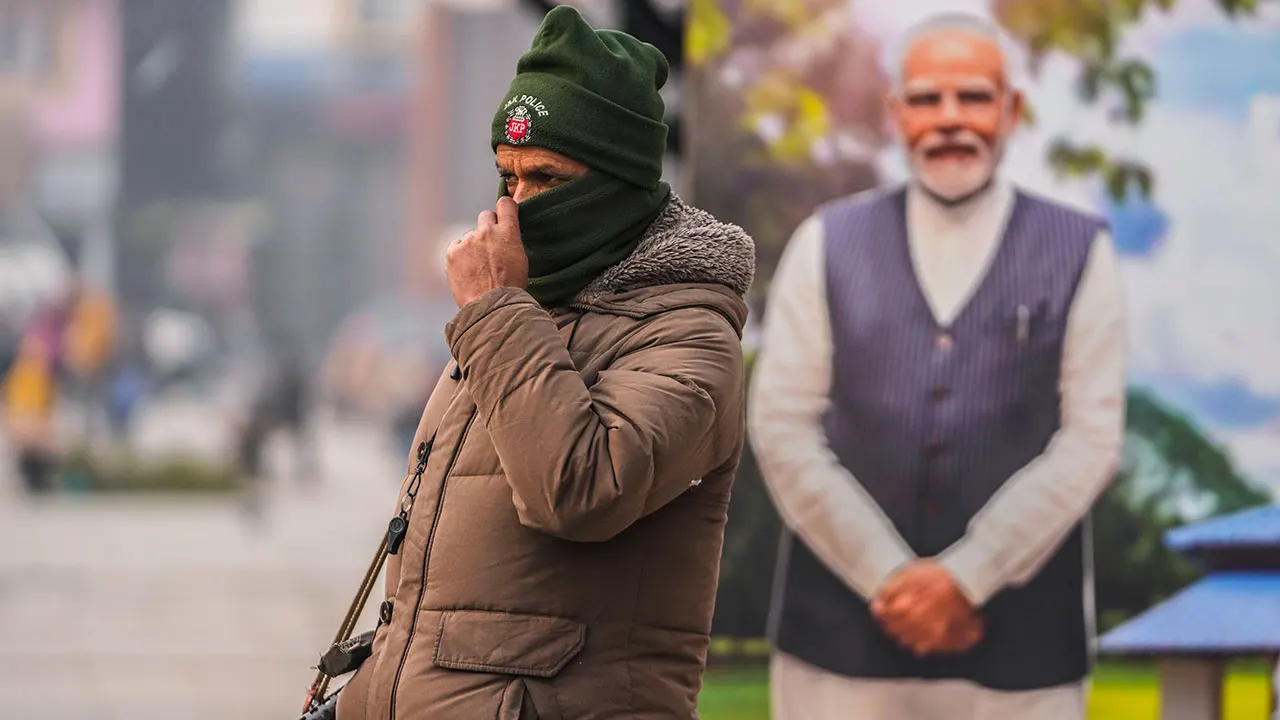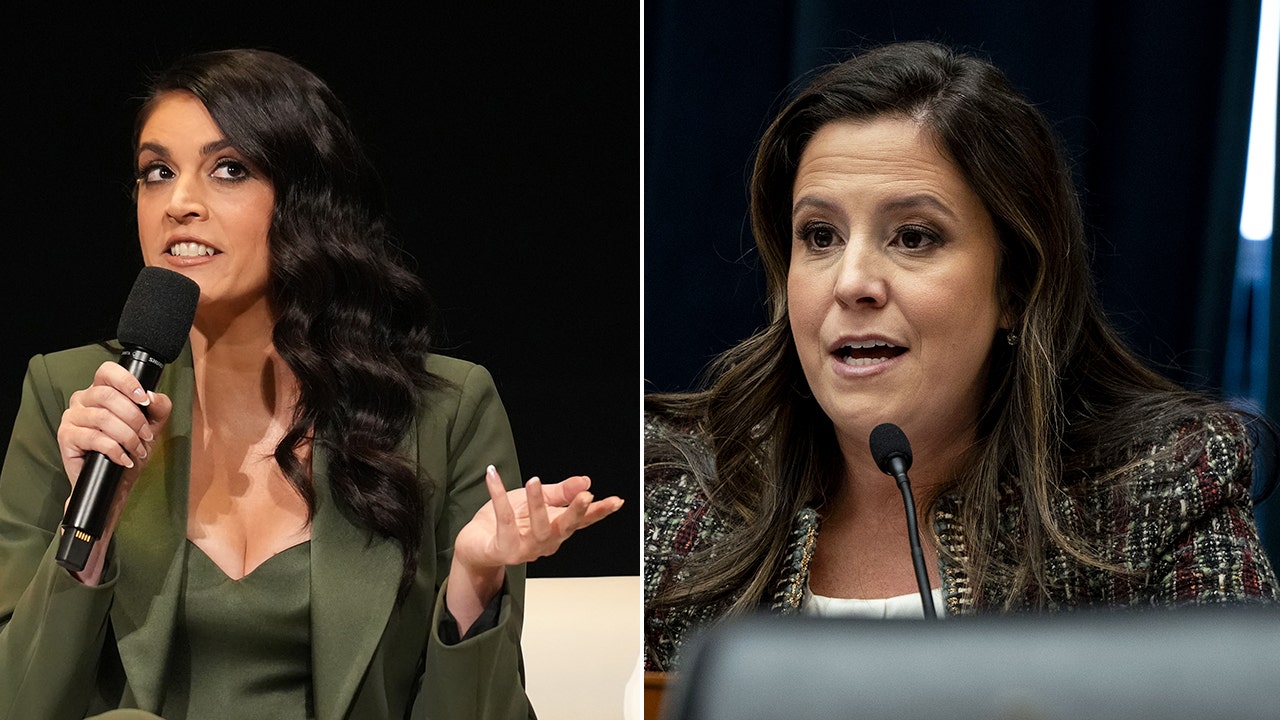A federal judge on Monday temporarily blocked the Trump administration from imposing a sweeping freeze on trillions of dollars in federal grants and loans, adding to the pushback against an effort by the White House’s Office and Management and Budget.
The restraining order by the judge, Loren L. AliKhan of the Federal District Court for the District of Columbia, came hours after the Justice Department told a federal judge in Rhode Island who issued a similar order on Friday that the government interpreted his order as applying to all spending nationally, not just to funds for the states that brought that case
Together, the signals from federal judges amounted to a two-fisted rebuke of the move by the budget office as an overreach that likely lacked legitimate authority.
The Trump administration’s “actions in this case potentially run roughshod over a ‘bulwark of the Constitution’ by interfering with Congress’s appropriation of federal funds,” Judge AliKahn wrote in a 30-page opinion, adding, “Because the funding freeze threatens the lifeline that keeps countless organizations operational, plaintiffs have met their burden of showing irreparable harm.”
While the order issued in the Rhode Island case left ambiguous whether the judge meant it to apply to just the states that brought the case or to all of as much as $3 trillion in funds affected by the freeze order, Judge AliKhan’s order explicitly applied to all federal grants, loans and other spending to which it had been subject.
Judge AliKhan, a Biden appointee, had signaled hours earlier where she was leaning at the end of a nearly 90-minute hearing, saying she wanted to file the order before an earlier administrative stay expired at 5 p.m. The case before her was brought by charities and other nongovernmental organizations that rely at least in part on federal grants to operate.
The order was the latest turn in a fast-moving set of events since the Trump administration issued the spending freeze last week, paralyzing groups around the country and prompting chaos. After the legal challenges were filed, the Trump administration said it had rescinded the O.M.B. memo and asked judges to dismiss the lawsuits as moot.
But the plaintiffs have presented evidence that the blanket freeze imposed by the memo appears to remain in effect regardless.
On Wednesday, the White House press secretary declared on social media that the retraction of the memo “is NOT a rescission of the federal funding freeze.” The plaintiffs in the case before Judge AliKhan presented statements from various grant recipients over the weekend that they remained unable to retrieve the funds they had been awarded through an online portal.
The Trump administration has portrayed the spending freeze as an effort to make sure that grants and loans do not violate executive orders Mr. Trump separately issued shortly after taking office in which he sought to end several policies he dislikes, like diversity, equity and inclusion initiatives.
The case is not challenging those orders themselves. But the plaintiffs have argued that the O.M.B. memo went further, in part by barring nebulous concepts not found in Mr. Trump’s orders, like “wokeness” and in part by requiring a blanket freeze.
Daniel Schwei, a lawyer for the Justice Department, argued that there was no need for any order because, he said, the government interpreted the one by the judge in Rhode Island as covering the entire landscape.
But Kevin Friedl, a lawyer for the plaintiffs who works for the advocacy group Democracy Forward, argued that the order in the Rhode Island case could be lifted at any time, so his clients needed additional relief.
Also calling the order “consequential and ill-considered,” he argued that they were being harmed through various means, from a chilling of First Amendment rights to specific problems keeping their doors open without the funds they had been awarded.
The litigation is complicated by a lack of clarity about the continued block on funding even after the O.M.B. withdrew the memo.
Mr. Schwei argued that if they were instead doing it because of Mr. Trump’s executive orders or as decisions they made for themselves, it would be improper for the judge to use the lawsuit to intervene. Mr. Friedl urged the judge, however, to recognize the “reality” that the freeze was implemented soon after the O.M.B. memo came down.
Mr. Friedl also asked the judge to require, as part of the order, that O.M.B. tell all recipients of its original memo that the freeze had been blocked and that they should roll back any steps they had already taken to carry it out. Her final order did just that.
Mr. Schwei had objected to that idea, saying such an order would be “extraordinarily broad” since it would encompass numerous agencies who were not party to the litigation. He asked her to limit any such order to those particular people or groups.
“They are requesting this court superintend all federal financial assistance,” he said, and referring to the part of the Constitution that gives Mr. Trump the power to oversee the executive branch, he called the request both an “extraordinary and an overly broad intrusion on agency authority and the president’s Article II authority.”















